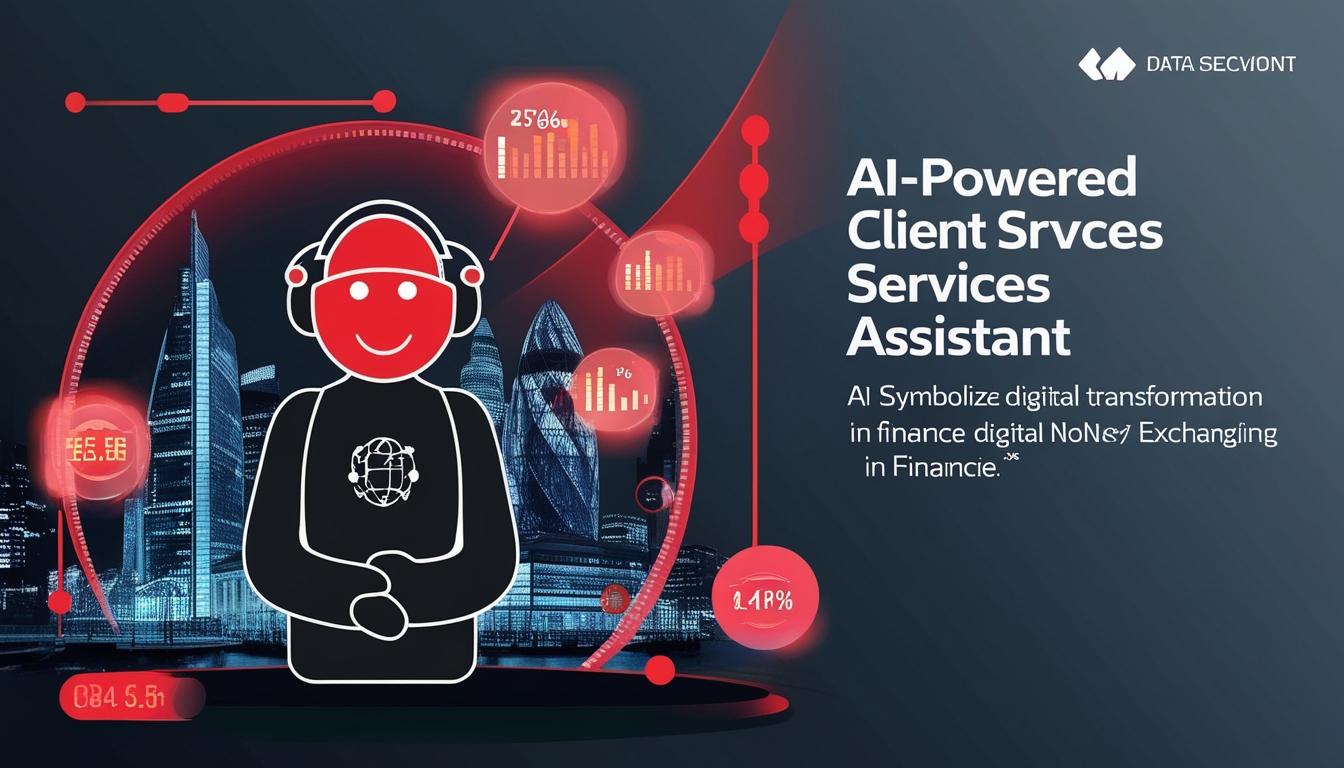In a significant move towards digital transformation in the financial sector, the London Stock Exchange Group (LSEG) has implemented an AI-powered client services assistant application leveraging Amazon Q Business. This initiative, developed in collaboration with AWS, aims to enhance efficiency within LCH, the London Clearing House, which is part of LSEG.
The necessity for quick and reliable access to information is crucial within the financial industry, where delays in data retrieval can hinder operations. Amazon Q Business serves as a generative AI-powered assistant designed to provide immediate answers, summarise information, and manage tasks securely within enterprise systems. This solution not only streamlines communication but also reduces the potential for errors, significantly boosting overall productivity.
The LCH team has identified an ongoing challenge: responding to complex member inquiries effectively. The nature of queries ranges widely, from “What is the eligible collateral at LCH?” to “Can members clear NIBOR IRS at LCH?” Traditionally, the client services team relied on comprehensive documentation and internal knowledge resources to address these questions. However, with the increasing volume of inquiries and the intricate range of asset classes, the reliance on these methods highlighted an urgent need for innovation.
To explore potential advancements, the LCH team engaged in cross-functional workshops focusing on various generative AI approaches, such as prompt engineering and Retrieval Augmented Generation (RAG). Among the various technologies evaluated, Amazon Q Business was selected due to its ability to provide enterprise search functionalities and deliver reliable source attribution for the answers provided. This capability ensures that users can verify information and explore topics efficiently, thus improving the trustworthiness of the responses.
In terms of practical application, the development of this client services assistant entailed several phases. The initial ideation led to creating data source connectors from platforms like the LCH website, customer relationship management (CRM) systems, and internal knowledge bases. This architecture allows the assistant to present relevant content rapidly, responding to agent queries in mere seconds.
The implementation also involved defining security measures, utilising AWS Identity and Access Management (IAM) to authenticate users and validate access seamlessly. Performance tests indicated that the application maintained high factual accuracy, enhancing overall response times and information retrieval processes.
The broader implications of this technology adoption extend to customer experience improvements, as the application serves as a reliable resource for client services agents. The instantiation of a "golden answer" knowledge base—essentially a benchmark of pre-validated responses—enables the application to utilise Amazon Bedrock's capabilities for continually validating and refining answers, thus cementing its reliability.
Going forward, LSEG plans to interconnect the Amazon Q Business application with existing email and CRM infrastructures, broadening its applicability across additional use cases within the organisation. By fostering this collaborative relationship with AWS, LSEG aims to evolve its service capabilities in a regulatory environment that demands both accuracy and agility.
This endeavour exemplifies a significant evolution in how financial institutions can integrate generative AI into their operations, setting a benchmark for future advancements in client services across the sector. As businesses continue to adapt to the impacts of AI automation, the insights gained from LCH's implementation could inform broader strategies for leveraging technology across diverse sectors.
Source: Noah Wire Services
